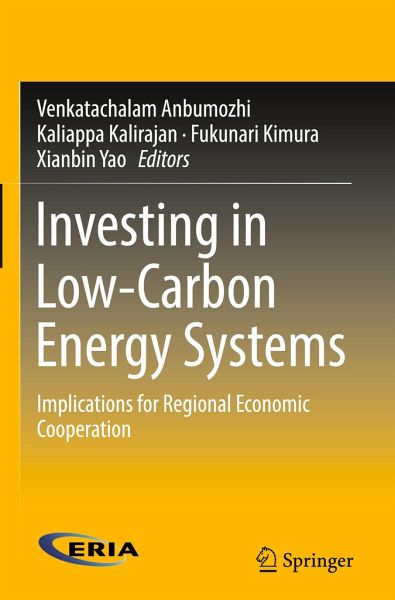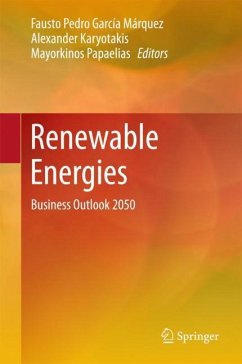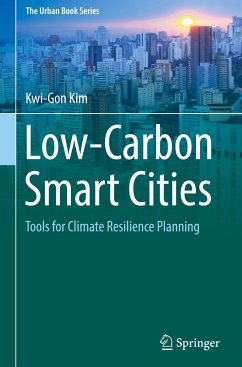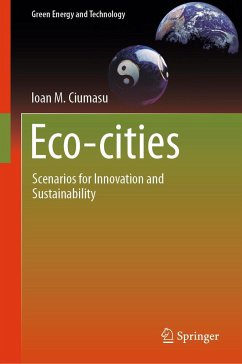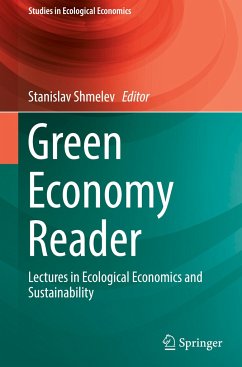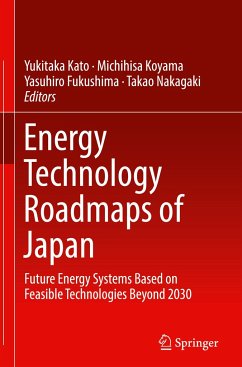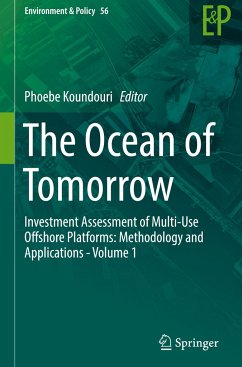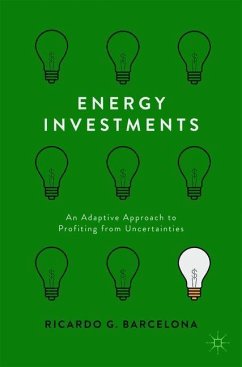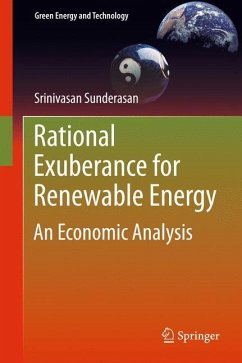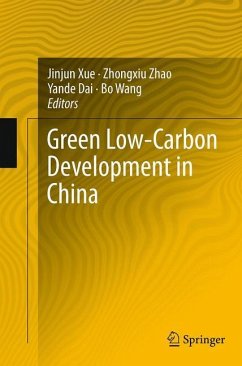Venkatachalam Anbumozhi is a Senior Economist at the Economic Research Institute for ASEAN and East Asia (ERIA), Indonesia. His previous positions include Capacity Building Specialist and Senior Fellow at Asian Development Bank Institute and Assistant Professor at the University of Tokyo. A distinguished fellow of Asia Pacific Rim University (APRU) Forum on Development and Environment, he also advised ADB, JICA, JBIC, UNESCAP projects on sustainable development. He has published several books, authored numerous research articles, and produced many project reports on natural resource management, climate friendly infrastructure design, and private sector participation in green growth. Anbumozhi was invited as a member of the APEC Expert Panel on Green Climate Finance and the ASEAN Panel for promoting climate-resilient growth. He has taught resource management, international cooperation, and development finance at the University of Tokyo and has speaking engagements at some of theleading international organizations. He obtained his Ph.D. from the University of Tokyo. Kaliappa Kalirajan is a Professor in the Crawford School of Public Policy at the Australian National University, Australia. He is also a Visiting Professor at the Madras School of Economics, India and International University of Japan. His areas of major interest include macroeconomic and trade policies, sources of growth, regional cooperation in low carbon energy systems, and technology issues in emerging Asian countries. He has 150 publications in those areas in refereed academic and policy journals. He has authored and edited 15 books. He is currently serving on the editorial board of the following journals: Journal of Asian Economics; Agricultural Economics; Australian Journal of Agricultural and Resource Economics; The Developing Economies; The Journal of Applied Economic Research; Journal of Social and Economic Development; and Asia and the Pacific Policies Studies. He has beena consultant to different national and international organizations from time to time. Fukunari Kimura has been Professor, Faculty of Economics, Keio University, Tokyo, Japan since 2000 and Chief Economist, Economic Research Institute for ASEAN and East Asia (ERIA) since 2008. He is also a co-editor of the Journal of the Japanese and International Economies. He was born in Tokyo in 1958 and received his Bachelor of Laws from the Faculty of Law, University of Tokyo in 1982, Master of Science and Ph.D. from the Department of Economics, University of Wisconsin-Madison in 1990 and 1991. He worked for the International Development Center of Japan as Researcher during 1982-1986, the Department of Economics, State University of New York at Albany as Assistant Professor during 1991-1994, and the Faculty of Economics, Keio University as Associate Professor during 1994-2000. He was also the President of Japan Society of International Economics during 2010-2012. His major is international trade and development economics. In particular, he has recently been active in writing academic/semi-academic books and articles on international production networks and economic integration in East Asia. Xianbin Yao is the Director General of the Pacific Department of the Asian Development Bank (ADB). Mr. Yao leads the department that formulates ADB's operational strategies for the Pacific developing member countries, including economic analyses, policy analyses, and country performance reviews; and develops associated country operational programs for ADB assistance. Prior to this, Mr. Yao was the Director General for ADB's Sustainable Development and Climate Change Department, leading and coordinating the development and implementation of ADB's financing and technical assistance programs on climate change, low carbon green growth and social development. Mr. Yao holds a doctoral degree from the Michigan State University, USA.
